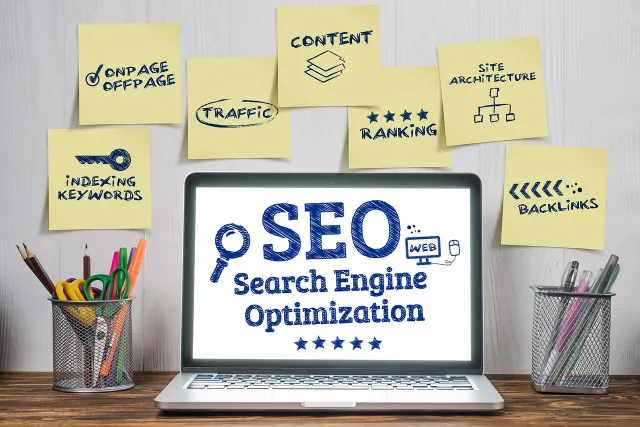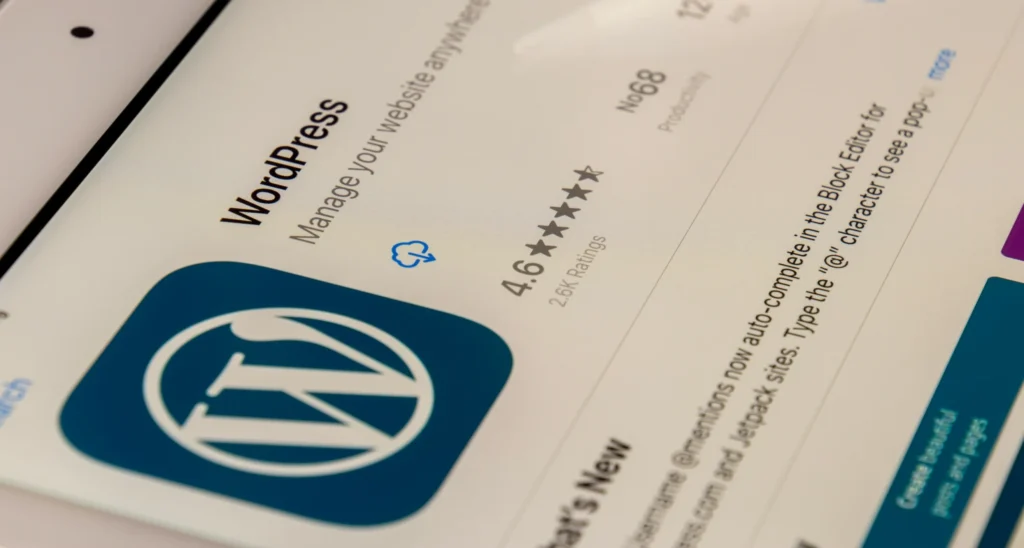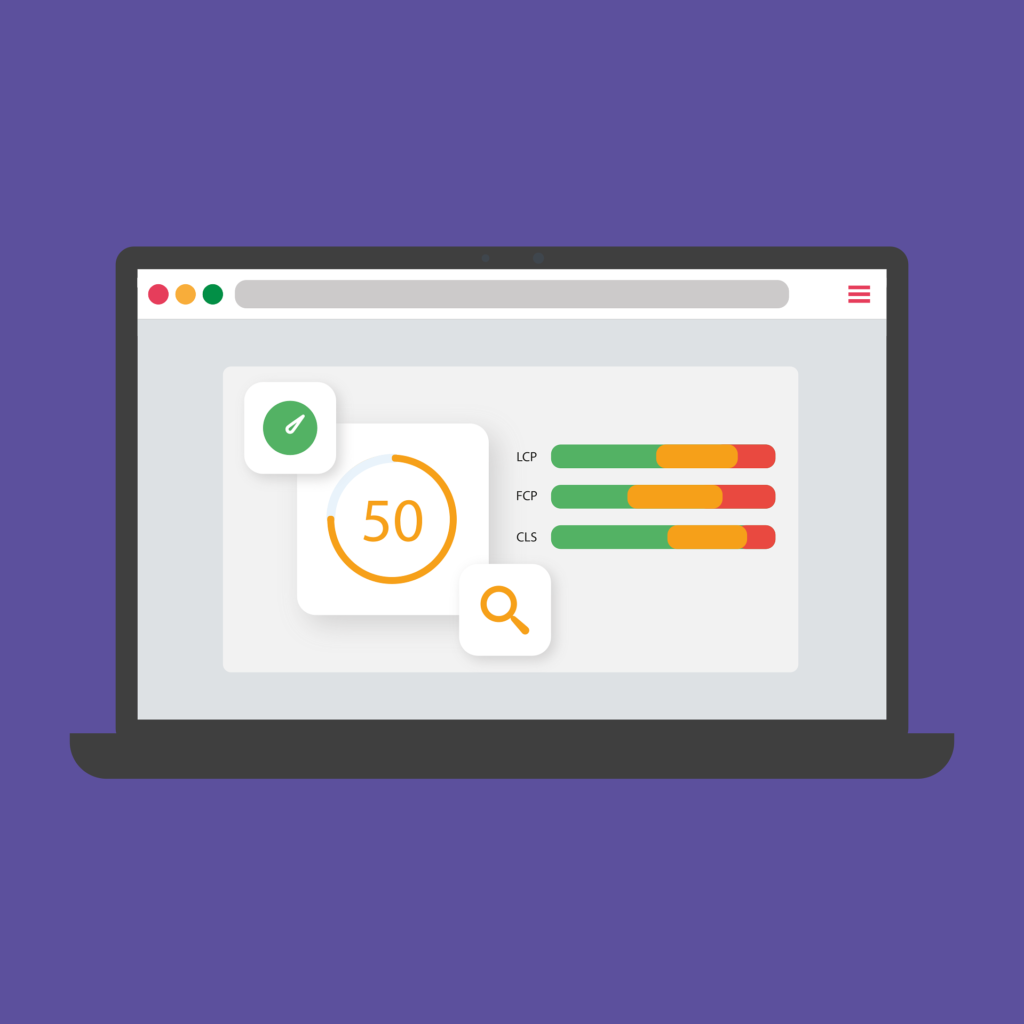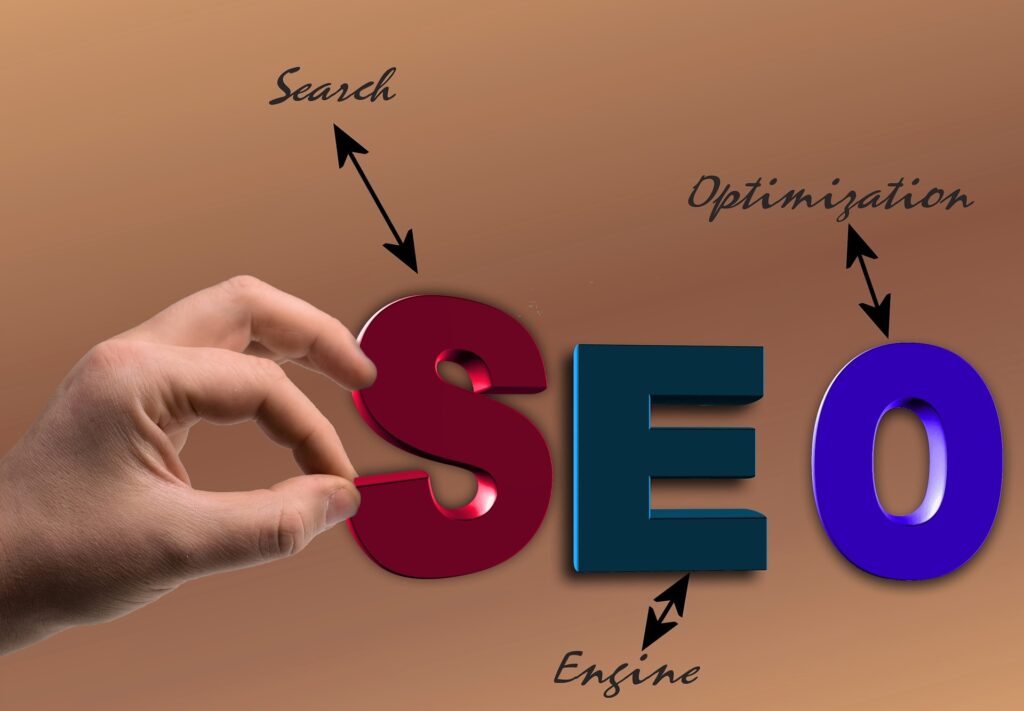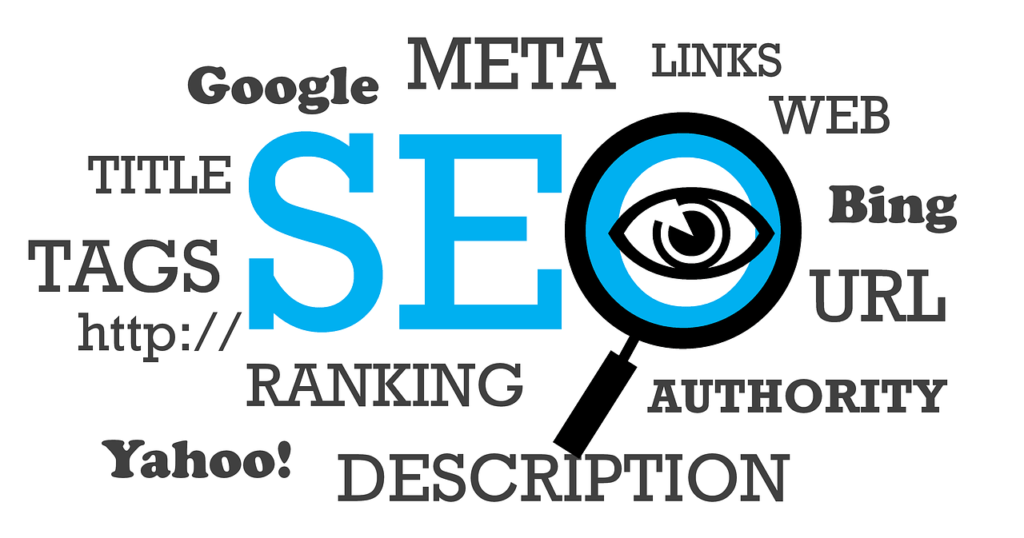In the bustling world of online business, getting your small business to rank higher on Google can feel like a Herculean task. But fear not! I’ve compiled a list of 21 SEO hacks that might seem a bit too good to be true but are perfectly legitimate and can dramatically improve your search engine ranking. Let’s dive right into these game-changing tips.
Add Your Target City to Your Title Tags
First up, make sure to include your target city in the title tags of all your website pages. Google relies heavily on these tags to understand what your page is about. By adding the city name, you make your page more relevant for local searches, which helps your website rank higher when people are looking for the services or products you offer in that specific location.
Don’t Put Your Business Name in Your Title Tag First
When it comes to SEO, the order of words in your title tags matters. Instead of starting with your business name, lead with the main keyword for the service or product, followed by the city name. You can add your business name afterward if you like, but for most small businesses, it’s not necessary. Google already knows who you are, and people searching for your business by name will find you at the top anyway.
Add Your Target Keywords to the Main Header of Your Pages
Your main header, marked with an H1 tag in HTML, is a crucial element for SEO. Search engines look at the content in the header tag first when they index and rank pages. Therefore, it’s essential to include the main keyword or phrase you want to rank for in the main header. For local businesses, this should be the primary service or product you offer, along with the city name, similar to your title tag.
Add Local Schema Markup to Your Homepage
Local schema markup is a type of code you can add to your website that provides search engines with detailed information about your business. Adding this code to your homepage helps search engines understand your business’s location and services better. Include details like your business name, address, and phone number. You can use ChatGPT to generate the local schema markup for your business by providing your business name, address, phone number, opening hours, and main activity. Simply copy the generated code and add it to the HTML of your homepage.
Remove Elements That Slow Down Your Page Load Time
Search engines like Google care a lot about how fast your website loads. Faster websites are more likely to appear higher in search results, which means more visitors to your site. If you have elements like image carousels, consider replacing them with a single compressed image that effectively showcases what you sell. This change will improve your site’s load time and provide a better user experience, both of which are critical for better search engine rankings. Don’t worry about losing the carousel; most users don’t click on it anyway.
Put Your Most Important Content at the Top of Your Page
Just like placing important keywords at the beginning of a title tag is crucial for SEO, positioning your most vital content at the top of a page is also important. For example, if you’re a solicitor, consider moving key information from further down your homepage right to the top. By doing this, you make it more likely that search engines will recognize it as important content, which can help improve your ranking.
Ensure Enough Content on Your Pages
You might have heard the phrase “quality over quantity,” but when it comes to website content, both are important. Search engines prefer pages with a wealth of information. A content-rich page with detailed, high-quality information can be done with just a couple of paragraphs. For example, two HVAC specialists in Dallas, Classic Air and Heat, and MB Kaiser, have different amounts of content on their pages. The one with more content tends to rank for more keywords, increasing visibility and traffic.
Optimize Your Anchor Links with Descriptive Keywords
Anchor links are clickable words or phrases on a web page that take you to another page when clicked. Instead of using generic terms like “click here” or “read more,” use specific words that describe what the linked page is about. This helps search engines understand the link better, improves your website’s search rankings, and makes it easier for users to know what to expect when they click the link.
Use Original Photos Unique to Your Business
Original, custom photos can boost your website’s SEO since search engines like Google prefer unique content. Unique images, when tagged correctly, can help your website rank higher and attract more visitors. That’s why you should avoid using free stock images, as they don’t contribute to your SEO. If your business is near a well-known landmark, including a photo of it on your site can help link your business to that area, further improving your SEO.
Add Descriptive Alt Text to All Your Images
Alt text, or alternative text, is a short description you add to an image’s HTML tag on a web page. Search engines can’t always understand the content of images, so they use alt text to figure out what the image is about. This helps improve your website’s search engine rankings and visibility. To check if any of your images are missing alt text, use a free extension like All in One SEO to scan your page. It will show you which images need alt text, and you can then add the missing descriptions.
Make Your URLs SEO Friendly
SEO-friendly URLs are designed to help search engines understand what a web page is about. They should be short, descriptive, and include relevant keywords. Search engines like Google use your web page’s URL to understand its content. When URLs contain relevant keywords, they provide more context about the page, which can boost your rankings in search results. For example, if you’re a personal injury lawyer specializing in truck accidents, create a URL like “yourwebsite.com/truck-accident-lawyer” to improve relevance.
Turn Your Business Logo into a Powerful Internal Link
When using an image for your business logo, consider adding a tagline either below or next to it that includes your primary keyword. For instance, the law firm Bankers Hill added “Law Firm” to their logo. Set the image alt text in the HTML code accordingly so it includes your target keywords, such as “Bankers Hill Law Firm.” Make your logo a clickable link to your homepage. This will increase the relevance of your primary keyword on your homepage, helping it rank better in search engines.
Create a Dedicated Page for Each Service You Offer
If you want your business to be found on Google for the services you offer, you need individual pages for each service, focusing on specific keywords. For example, if you’re a dentist wanting to rank for dental implants, create a dedicated page just for dental implants. These dedicated pages allow for more detailed and rich content, like FAQs, descriptions, case studies, and customer reviews, which search engines and Google love. Each page can be optimized with specific keywords related to the service, making it more likely to rank higher in search results. Having separate pages also improves the link structure within your site, making it easier for search engines to find and list your pages.
Find Relevant FAQs to Add to Your Pages
Adding an FAQ section to your website pages offers many benefits. It helps customers find quick answers to their questions, improving their experience. FAQs also include keywords that people search for, helping your page rank higher in search engines. Well-written FAQs can even show up in Google’s featured snippets, giving your site more visibility and clicks. To find the best FAQs to add to your page, use a tool called Search Response. Sign up for a free account and search for a keyword you want to rank for, like “dental implants.” This tool will show you the most popular questions people ask on Google related to your keyword. Adding the top five or six questions to your page will make it more relevant and help boost rankings.
Embed Customer Reviews on Your Pages
Customer reviews are a great way to enrich your content and improve your SEO. To do this, go to Google Maps and find your Google Business profile listing. In the review section, search for the keyword you’re trying to rank for, like “dental implants.” Google will show you all the reviews that contain that keyword. Choose the most recent ones and copy them to the relevant page on your site. This way, you not only add valuable content to your page but also increase the chances of ranking higher for that keyword.
Add External Links to Your Web Pages
External links, or outbound links, are links that lead to a page or resource outside your website. Linking to other websites is a great way to help your users and show search engines that your website is trustworthy. These links help users find more information, check your sources, and see how your content answers their questions. By linking to reliable sources or other businesses, you show search engines that your website is a good source of information and should rank higher in search results. For example, if you’re a small business, link to your partners’ websites, your local Chamber of Commerce, or industry-specific sites like the American Bar Association if you’re a lawyer.
Add the Most Relevant Images Possible to Your Page
As technology improves, so do search engines. Google Vision AI can analyze images and automatically generate relevant tags and descriptions for them. This helps Google understand your image content better, improving your chances of appearing in image search results. You can use Google Vision AI yourself and reverse engineer the process to make your pages more relevant. When you add images to your pages, Google will match them with the content and use the keywords to boost your page’s SEO.
Create Individual Location Pages for Your Business
Creating separate location pages for your business helps you reach more customers in different areas. Each page can focus on a specific location, like a nearby town, to increase the chance of being found on Google by people searching in that area. By optimizing these pages for the town’s name, you improve the likelihood of appearing in search results for that location. You can do this yourself or have your web team create these pages and optimize them to get you more leads from different areas. This strategy helps your business appear in Google’s regular search results, not just in the map results, giving you a better chance of being found by potential customers.
Add Staff Bios and Photos to Your Website
Adding staff bios and photos to your website improves its SEO and credibility. Each staff member can have a photo and bio on your “About Us” page. These bios can include links to their profiles on platforms like LinkedIn or other social media. By linking the staff bios to the pages they manage, you make your website more relevant and trustworthy. For example, if you have a lawyer specializing in family law, link their bio to the family law page on your site. This way, you increase the chances of ranking higher in search engines for relevant keywords.
Highlight Your Main Services on Your Homepage
Make sure to highlight your main services on your homepage for maximum visibility and SEO benefits. Include three to four main services, each with a clickable image, a short description, and a link to the corresponding service page. This ensures that your key services are easily accessible and visible to both users and search engines. By providing clear and direct links to your main services, you make it easier for visitors to find what they need and improve your chances of ranking higher in search results.
Add Case Studies to Your Pages
Case studies are powerful tools for demonstrating your expertise and the success of your services. Adding them to your pages enriches your content, making it more valuable to potential customers and search engines. A well-written case study should include details of the problem, your approach, the solution, and the results. Adding relevant keywords, client testimonials, and before-and-after photos can make the case study even more compelling and help boost your SEO. For example, a law firm might showcase a successful case involving a specific legal issue, highlighting how they helped the client and the positive outcome achieved.
By implementing these 21 SEO hacks, you can significantly improve your website’s Google ranking and attract more customers to your small business. To further enhance your local SEO, check out our guide on optimizing your Google Business profile for even better results.
—
This blog captures the essence of the original tips while presenting them in a structured, conversational manner, perfect for engaging readers interested in enhancing their small business’s SEO.



